News and events
Learn about recent IHRA activities and upcoming events.

Learn about recent IHRA activities and upcoming events.
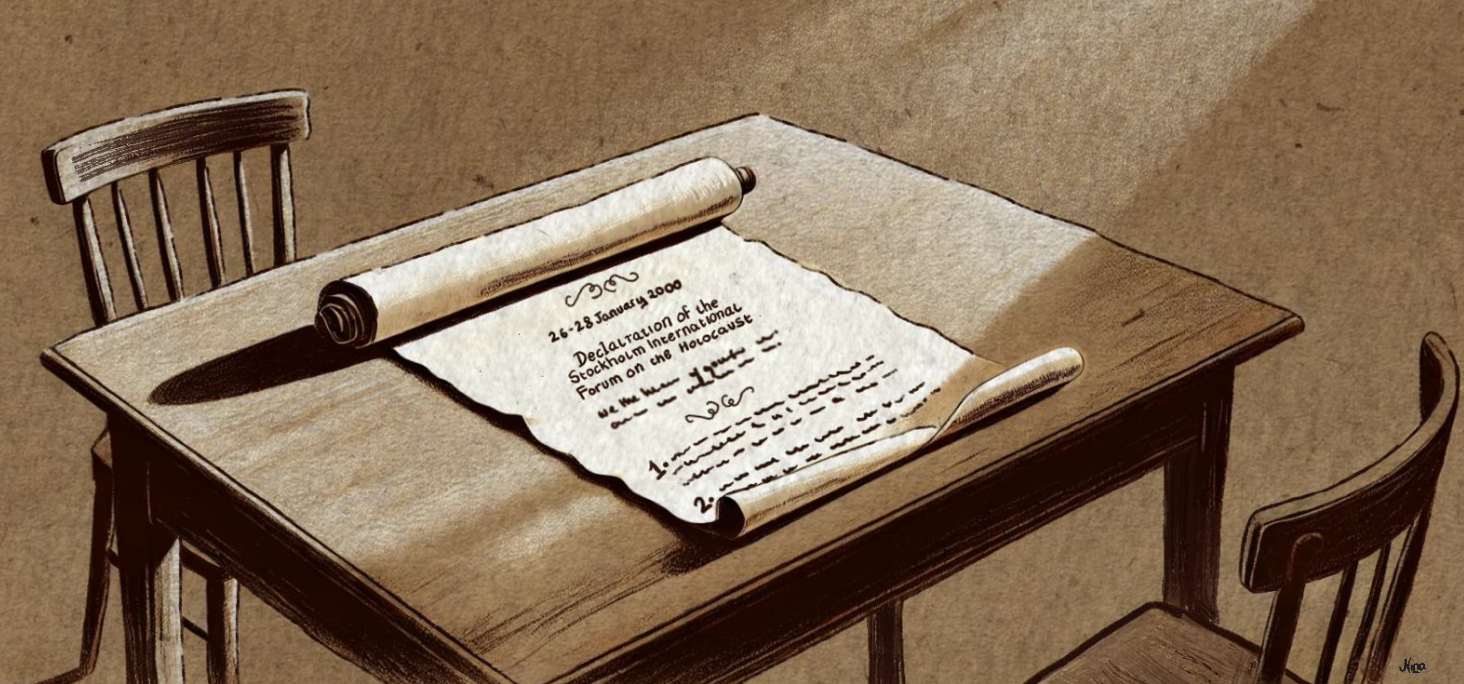

This reflection looks back at the 2000 Stockholm Declaration, whose principles have shaped Holocaust education, research, and remembrance globally. While IHRA’s work has since grown to include new focus areas and tools, the Declaration remains a foundational document in building international commitment.
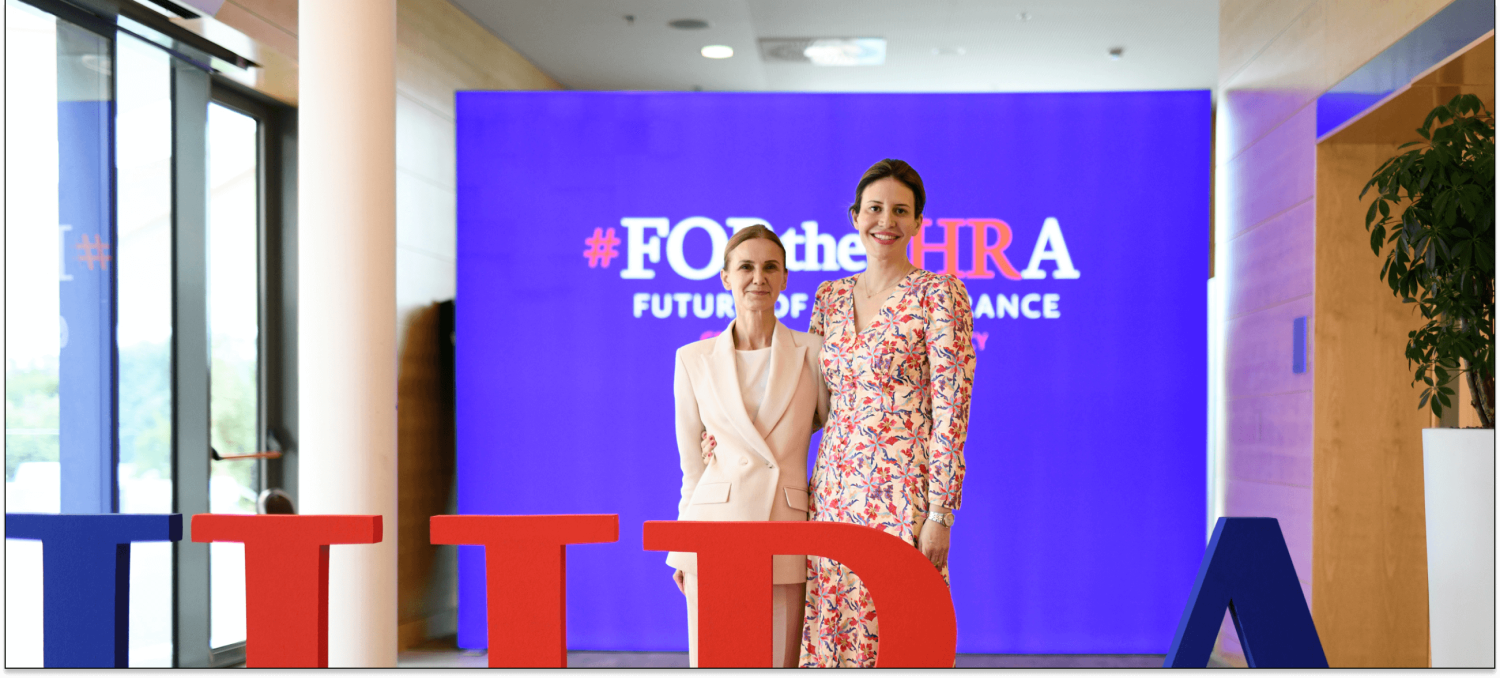

IHRA Co-Chairs Ambassador Terezija Gras and Sara Lustig reflect on their achievements over the past year as they hand over the IHRA Presidency to the UK.
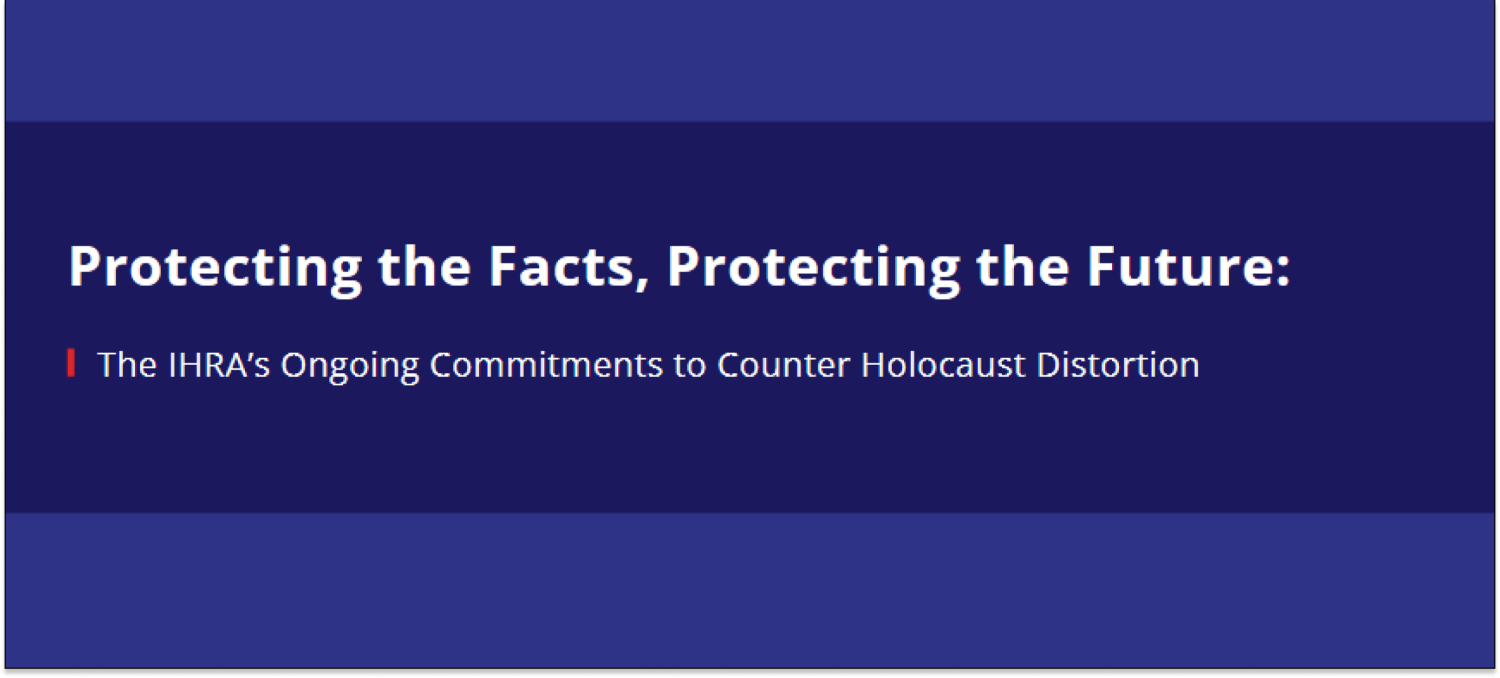

A report from the Croatian IHRA Presidency on the IHRA’s ongoing commitments to counter Holocaust distortion.
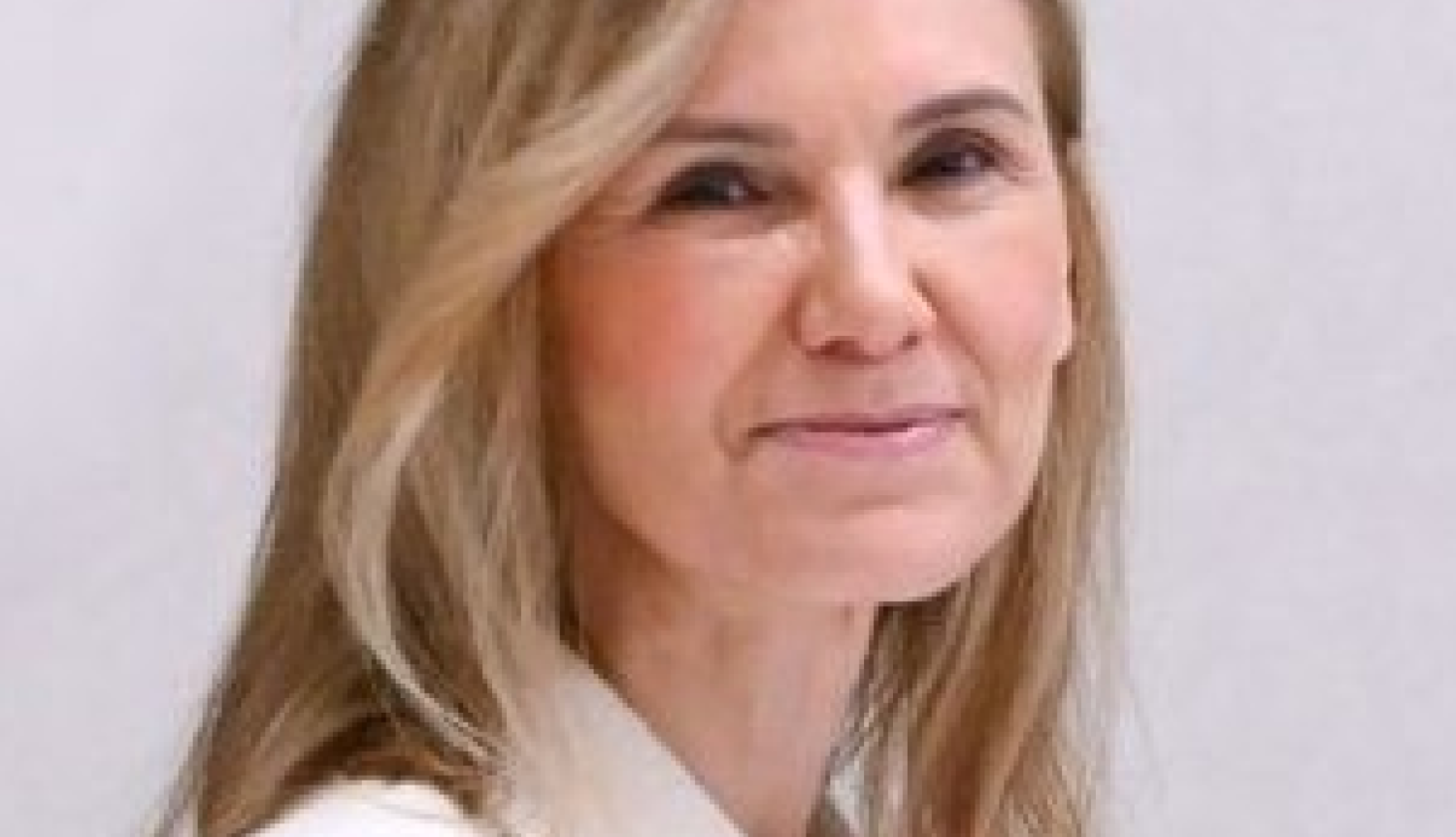

Ambassador Terezija Gras, Co-Chair of the Croatian IHRA Presidency, speaks at the OSCE Permanent Council meeting on 1 February 2024.
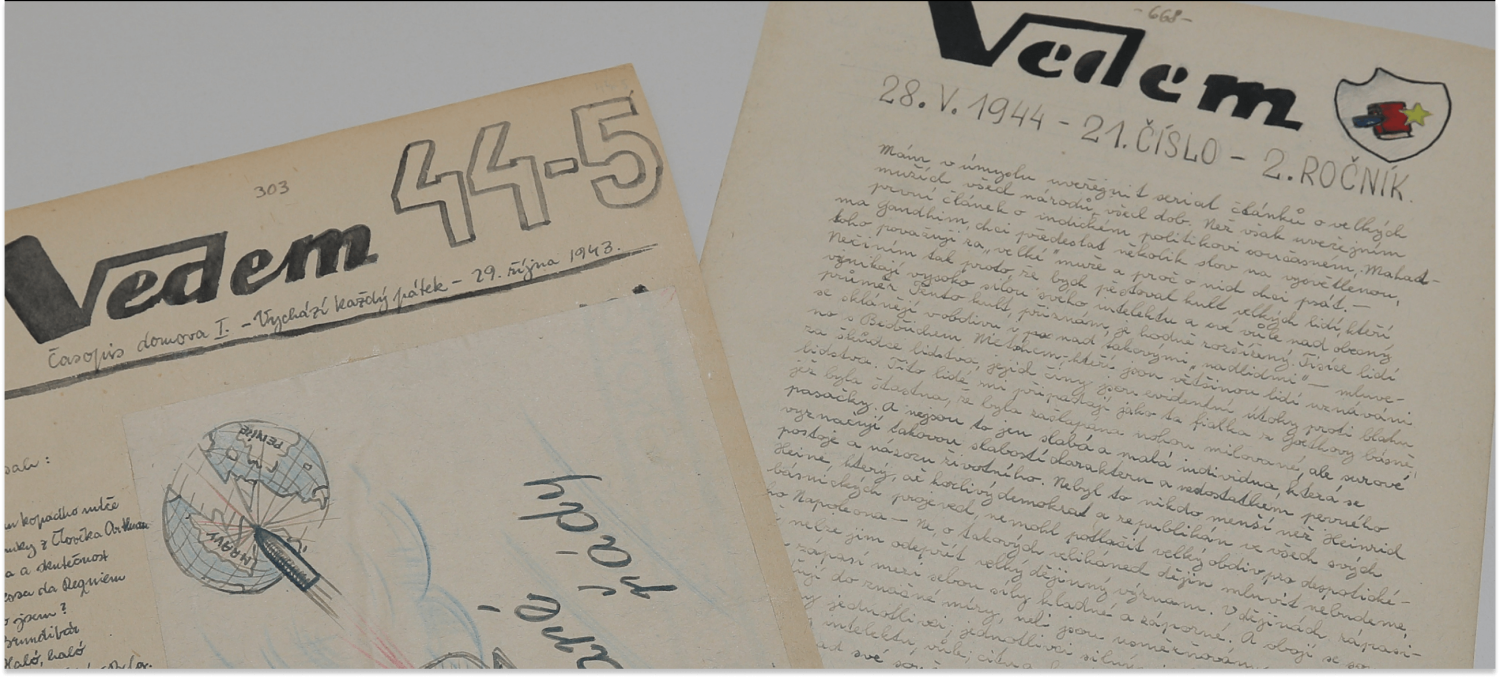

Holocaust survivor Sidney Taussig’s stories are remarkable in their bravery and resilience.
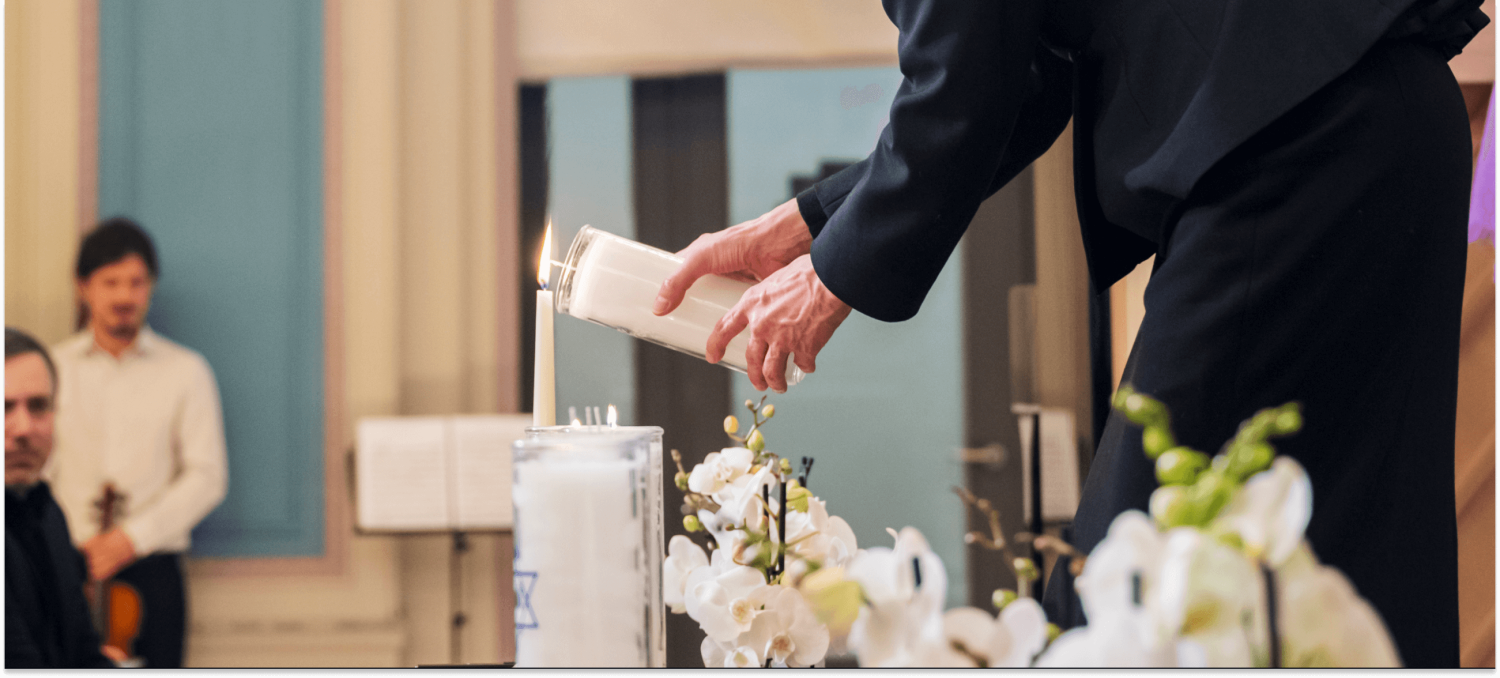

Read about the IHRA’s activities around International Holocaust Remembrance Day 2024.


The Co-Chairs of the Croatian Presidency of the IHRA deliver opening statements for the Holocaust Remembrance Conference on 23 January, 2024.


The IHRA has launched a new resource: the IHRA Charter for Safeguarding Sites.
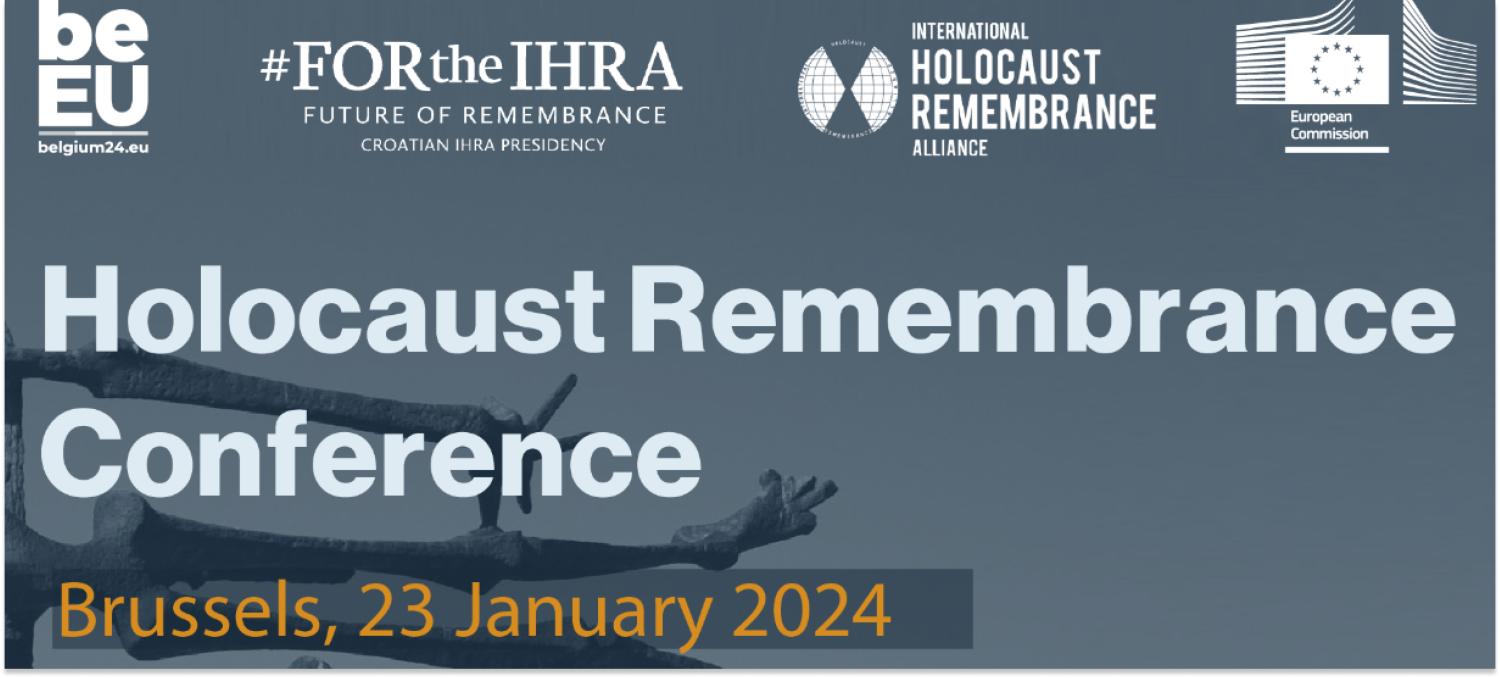

Join us for a conference honoring the victims and survivors of the Holocaust, organized by the IHRA, the European Commission, and the Belgian Presidency of the Council of the European Union.
By signing up to the IHRA newsletter, you agree to our Privacy Policy